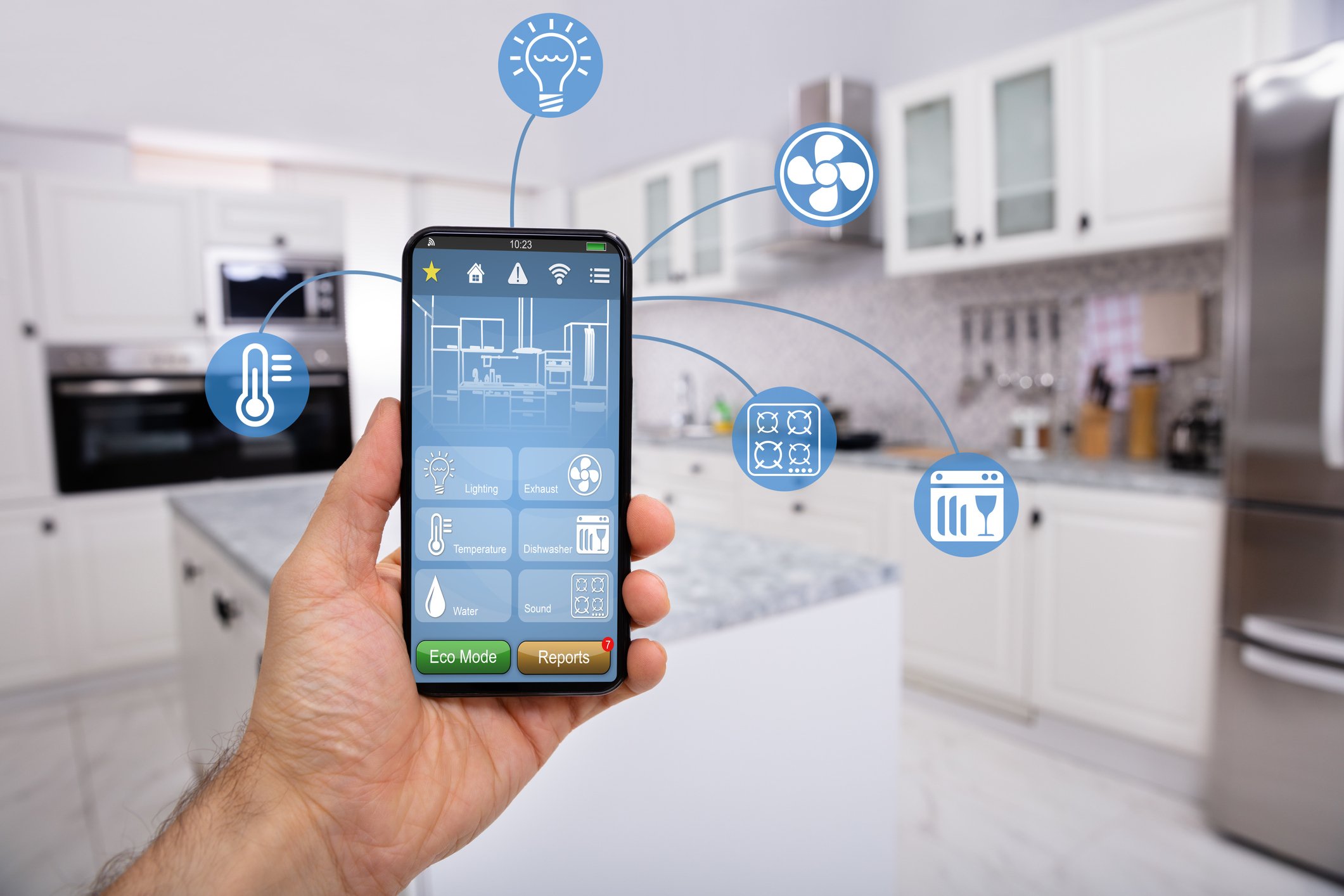India’s urban landscape is far from seeing an edge and relentlessly continues to expand. In tandem, energy efficiency has become a critical factor for sustainable construction. Heating, ventilation, and air conditioning (HVAC) systems account for a significant portion of a building’s energy consumption, often leading to high operational costs. However, the advent of smart HVAC systems is transforming the way energy is managed in commercial and residential spaces. For builders, developers, and property owners, adopting smart HVAC technology not only reduces energy consumption but also enhances occupant comfort and lowers maintenance costs.
Understanding Smart HVAC Systems
Smart HVAC systems integrate advanced sensors, automation, and artificial intelligence (AI) to optimise heating and cooling based on real-time data. Unlike traditional HVAC units that operate at fixed settings, smart systems adjust dynamically to factors such as occupancy, weather conditions, and indoor air quality. These intelligent solutions play a crucial role in enhancing energy efficiency while maintaining an optimal indoor environment.
For builders and developers planning large-scale projects, smart HVAC systems offer long-term cost savings and sustainability benefits. Likewise, property owners constructing new buildings can integrate these systems from the start, ensuring compliance with green building standards and reducing future energy expenses.
How Smart HVAC Systems Reduce Energy Consumption
1. Adaptive Temperature Control
Smart HVAC systems use IoT-enabled sensors to monitor temperature variations in different zones of a building. Instead of running continuously at a set temperature, these systems adjust cooling and heating levels based on real-time occupancy and outdoor weather conditions. This prevents unnecessary energy wastage and ensures efficient climate control.
For instance, an office building in Delhi using smart HVAC can automatically lower cooling levels in unoccupied meeting rooms, significantly reducing electricity bills.
2. Automated Ventilation Management
Indoor air quality is crucial for hospitals, commercial spaces, and residential buildings. Traditional HVAC systems often over-ventilate or under-ventilate spaces, leading to energy inefficiencies. Smart HVAC units regulate ventilation based on indoor CO2 levels, humidity, and pollutant concentrations, ensuring fresh air circulation without excessive energy use.
For hospital owners, maintaining optimal air quality is critical for patient health. Smart HVAC systems ensure energy-efficient ventilation while preventing airborne contamination, making them an essential investment in healthcare infrastructure.
3. Integration with Renewable Energy Sources
Builders and developers focusing on green projects can integrate solar panels and geothermal heating with smart HVAC systems. These advanced units can automatically switch to renewable energy sources when available, reducing dependency on conventional power grids and lowering carbon footprints.
For example, many MEP consultants in India now recommend integrating solar-powered HVAC solutions for commercial buildings to achieve long-term sustainability goals.
4. Predictive Maintenance for Reduced Downtime
Unlike traditional systems that require scheduled servicing, smart HVAC systems use predictive maintenance technology to detect faults before they become serious issues. Sensors monitor system performance and alert facility managers about potential failures, reducing the risk of unexpected breakdowns.
For large-scale builders and property developers, this feature significantly lowers maintenance costs and prevents disruptions that could impact tenant satisfaction and business operations.
5. Energy Consumption Monitoring and Optimization
With the help of AI-driven analytics, smart HVAC systems provide real-time insights into energy consumption patterns. Owners and developers can access data dashboards that display energy usage across different floors or zones, helping them identify areas for improvement.
For example, a commercial building in Delhi can use energy reports to modify operational schedules, ensuring HVAC systems run only when needed. Many HVAC consultants in Delhi now offer energy audits to help businesses optimize their HVAC settings for maximum efficiency.
Why Builders and Property Owners Should Invest in Smart HVAC Systems
Cost Savings and ROI
One of the biggest advantages of smart HVAC technology is the return on investment (ROI) it offers. While the initial installation costs may be higher than conventional HVAC systems, the energy savings achieved over time make it a cost-effective choice.
Developers constructing commercial buildings can reduce energy costs by up to 30% by switching to smart HVAC systems. Likewise, homeowners can recover their investment through lower electricity bills within a few years.
Compliance with Green Building Standards
With the growing emphasis on sustainable construction, incorporating smart HVAC systems helps builders comply with green building certifications such as LEED (Leadership in Energy and Environmental Design) and the Energy Conservation Building Code (ECBC) of India. These certifications not only improve the market value of a building but also attract eco-conscious tenants and buyers.
Enhanced Comfort and Smart Integration
Modern property owners and developers are increasingly focusing on smart home and smart building solutions. Smart HVAC systems can be seamlessly integrated with building management systems (BMS), allowing remote control via mobile apps. Features like voice-activated temperature settings, automated scheduling, and occupancy-based cooling contribute to enhanced user experience and convenience.
Choosing the Right Smart HVAC System
When selecting a smart HVAC system, it is essential to collaborate with experienced MEP consultants in Delhi who can tailor solutions based on building size, usage patterns, and energy efficiency goals. Professional HVAC consultants in Delhi can help identify the right automation technologies, ensure seamless integration, and provide ongoing support to maximize system performance.
Conclusion
As India moves towards energy-efficient construction, smart HVAC systems have emerged as a key driver of sustainability and cost reduction. For builders, developers, and property owners, investing in these advanced systems ensures lower energy bills, enhanced comfort, and long-term environmental benefits.
By partnering with Expert MEP consultants in India, developers can integrate smart HVAC solutions that align with global best practices and regulatory standards. Whether it’s a hospital, commercial complex, or residential property, the shift towards smart HVAC is a crucial step in building a greener and more energy-efficient future.
For tailored HVAC solutions, get in touch with Shreshtha Consultant, a leading name in MEP consultancy in Delhi, ensuring smart, sustainable, and cost-effective building solutions.



